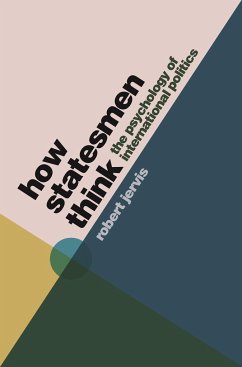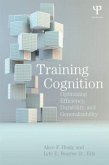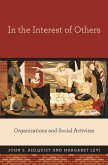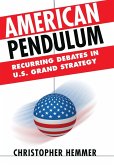How Statesmen Think demonstrates that expectations and political and psychological needs are the major drivers of perceptions in international politics, as well as in other arenas. Drawing on the increasing attention psychology is paying to emotions, the book discusses how emotional needs help structure beliefs. It also shows how decision makers use multiple shortcuts to seek and process information when making foreign policy and national security judgments. For example, the desire to conserve cognitive resources can cause decision makers to look at misleading indicators of military strength, and psychological pressures can lead them to run particularly high risks. The book also looks at how deterrent threats and counterpart promises often fail because they are misperceived.
Hinweis: Dieser Artikel kann nur an eine deutsche Lieferadresse ausgeliefert werden.
Hinweis: Dieser Artikel kann nur an eine deutsche Lieferadresse ausgeliefert werden.
"How Statesmen Think brings together all of the major ideas that have made Robert Jervis one of the top international relations thinkers of our time, indeed of all time. It includes a number of lesser-known essays, some of which even close observers of his work might not know. And of course, like all of Jervis's writing, it is accessible to the broad policy community and even the general public. Those like me who study how statesmen think owe him immensely." - Brian Rathbun, University of Southern California








